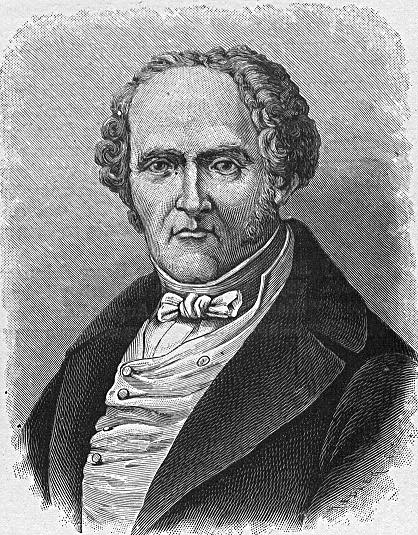UTOPIAN SOCIALISM
Utopian Socialism is often considered to be the earliest form of socialism and developed in Europe during the timeframe of the late 18th century and early 19th century. At the time, Europe was undergoing the events of the Industrial Revolution which was spurred on by the economic prosperity created by laissez-faire capitalism. Laissez-faire capitalism was the dominant economic system in Europe at the time and, in general, was based upon little or no government intervention in the economy. The focus on limited government allowed European industrialists to use their wealth in order to develop factories, mines and mills without much regulation or interference from government policies. While this allowed the industrialists to create large amounts of wealth for themselves, it often resulted in horrible working conditions for the working-class people who worked in these places. For example, during the Industrial Revolution workers often struggled due to: low pay, long work hours, difficult and dangerous work, little or no benefits, and with constant fear of being fired and replaced. These conditions, while beneficial to the wealthy, were disastrous for the majority of society who made up the working-class. As a result, early socialists sought to correct these conditions in the hopes of creating a more equitable society for all people. For example, Robert Owen and Charles Fourier are often considered to be the most prominent Utopian Socialists.
|
Robert Owen was a British industrialist who lived from 1771 to 1858, during the height of the Industrial Revolution. He owned several textile mills in New Lanark, Scotland in which he undertook several different aspects of socialism. For example, while Robert Owen believed it was important and necessary for business owners to operate profitable businesses that made them wealthy, he also believed it was important that the workers in these businesses were treated fairly. In his own mills, Owen improved the life of his employees in many ways.
|
|
Charles Fourier was a French socialist who lived from 1772 until 1837 and is credited with being an early Utopian Socialist similar to Robert Owen. He wrote several works related to his socialist ideas which centered on his main idea for society: small communities based on cooperation. In general, Fourier believed that poverty was one of society’s great issues and that it ultimately led to many other problems. He argued against the idea of competition in society, which is a principle of laissez-faire capitalism, and instead supported the idea that society should be more cooperative. Cooperation is the idea that citizens in a country should work towards a common goal rather than competing against each other. To achieve this goal, Fourier proposed the creation of relatively small communities that were self-contained and ran on the principle of cooperation.
|
CITE THIS ARTICLEAUTHOR
|
|


